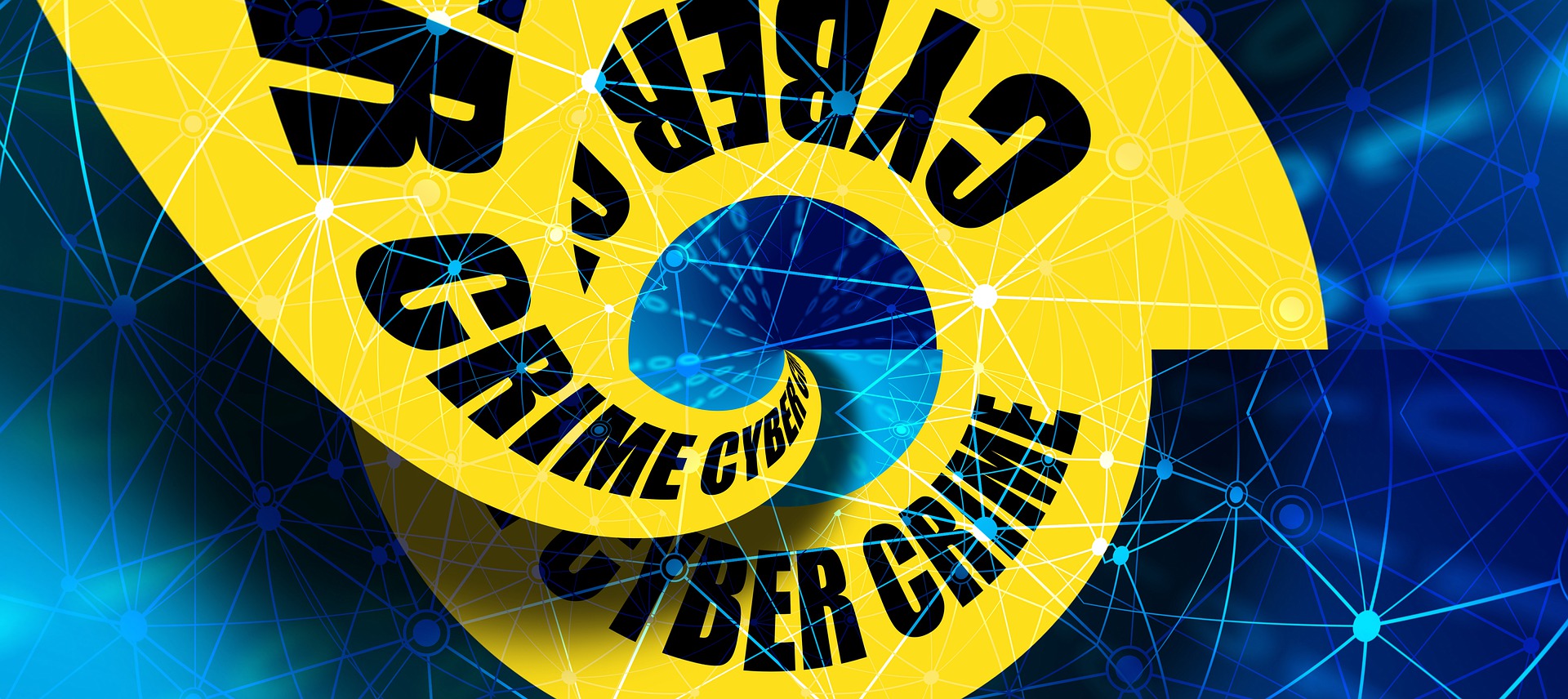2021 saw two large ransomware attacks on the industrial sector. The first was an attack on the Colonial Pipeline, which ended in a $4.4 million payout and nearly disrupted fuel supplies around the world. The second threatened to shutdown the world's largest meat producer, JBS SA, which is located in Brazil. Even though both attacks have been successfully resolved, they highlight the vulnerability of the manufacturing sector to cyber crime. And, unfortunately, there's no sign that these attacks are letting up.
We've written about high-profile cyber attacks before, but when it comes to the manufacturing sector, attacks like these not only threaten to winnow away profit margins but could also make life incredibly harsh for the world at large. As such, any manufacturing leader needs to think critically about how to protect their enterprises in the new year.
How to Protect Against Cyber Crime
One of the most effective means of protecting your assets is through cybersecurity insurance. In particular, insurance allows victims of ransomware to get cyber criminals off their backs without losing large sums of money or disrupting production. Thankfully, even as cyber attacks have increased, most insurance carriers will offer coverage to firms who make some modest security changes in their operations.
But what sorts of changes will improve your security? Cybersecurity providers recommend several technological solutions to improve any firm's security. These often take the form of expanded security software as well changes in practices. In terms of software, many cybersecurity firms will employ new protocols like security information and event management or SIEM. SIEM is a software that continually monitors and analyzes a network. By keeping a log of every event in a network, from sign ins and sign outs to the times when devices connect, SIEM software can effectively detect weaknesses in the network and determine which areas tend to fall victim to attacks. Similar protocols include end-point detection and response (EDR) and vulnerability scanning, both of which provide value data insights to any security provider.
Lastly, it's important that every one of your team members is informed about cyber security best practices. This means that everyone needs to be trained on standardized procedures, like organization-wide two-factor authentication, as well as basic cyber security literacy. These can take the form of training exercises, like simulated phishing attacks, which test employees' knowledge of common cyber crime.
Managed Security
Beginning in 2022, Titan Tech will begin to offer managed security services, in addition to their conventional managed IT services. With cyber crime likely to increase next year, firms who are looking to increase their security can now take advantage of Titan Tech's expanded managed security services. These services include expanded security protocols, like SIEM and vulnerability scanning. They also include staff training; implementation of security best practices, like organization-wide two-factor authentication; and even dark web scanning, which can detect when cyber criminals are trying to buy or sell your information on parts of the internet that can't be accessed with conventional search engines. If you're interested in learning about Titan Tech's services, use the contact form to schedule a free consultation.
And we wish everyone a happy holiday season!

